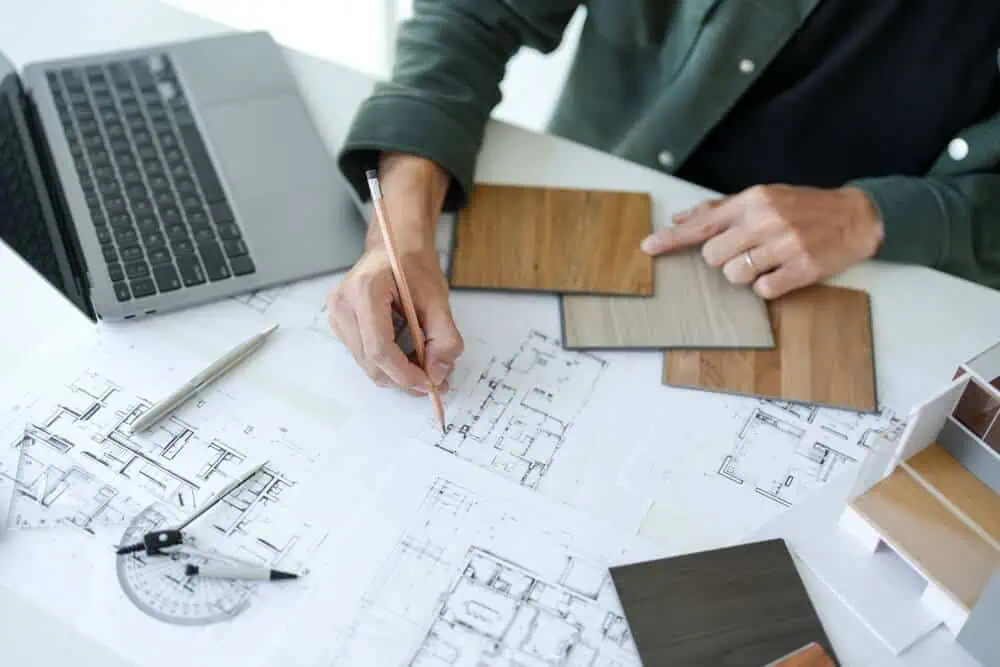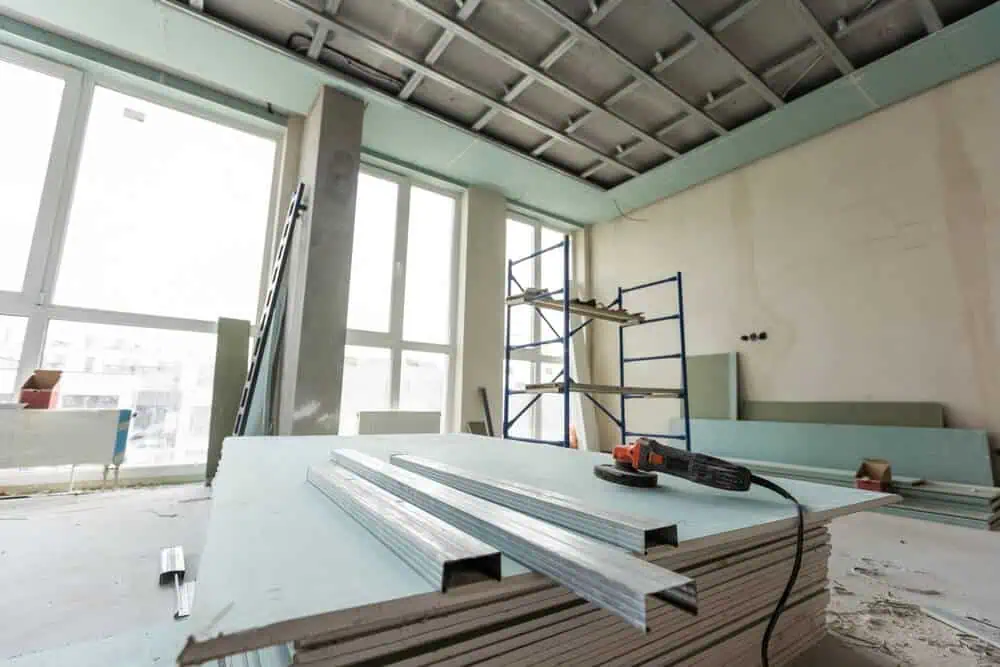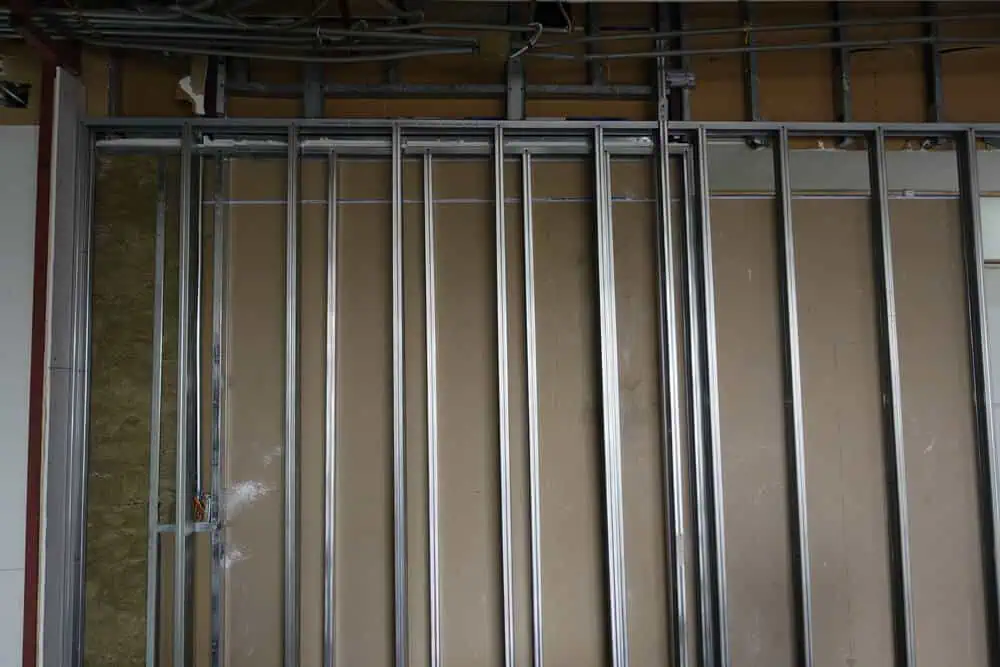As sustainability becomes a growing priority, more commercial property owners considering renovations are turning to green building materials. Rather than being responsible for the environmental toll of traditional construction, many owners want to reduce their energy consumption and environmental footprint through thoughtful renovation. By making use of eco-friendly and sustainable construction materials, businesses can achieve their sustainability goals while reducing energy consumption and operational costs.
The Benefits of Green Renovation for Commercial Buildings
Renovating commercial buildings with eco-friendly building materials offers several advantages for businesses. These renovations can help reduce carbon emissions, sure, but they also provide long-term benefits in terms of cost savings, energy consumption, and overall environmental impact.
- Energy Efficiency and Reduced Energy Consumption: Energy-efficient materials and systems play a critical role in lowering the energy consumption of existing commercial buildings. For instance, retrofitting with energy-efficient windows or upgrading insulation can significantly reduce the amount of energy used to keep the building comfortable. In turn, this leads to lower energy bills and a more cost-efficient operation.
- Reducing Carbon Emissions with Sustainable Materials: The construction industry is one of the largest contributors to carbon emissions, particularly through the manufacturing and use of traditional materials such as concrete and steel. By switching to recycled materials—like recycled steel or reclaimed wood—building owners can cut down on their carbon footprint. Sustainable alternatives like precast concrete slabs or mass timber can also help minimize the environmental impacts of renovation projects.
- Healthier Work Environments: Green building materials not only benefit the environment but also contribute to healthier indoor spaces. Choosing low-VOC materials, such as no-VOC paints, reduces the presence of harmful chemicals in the air. This leads to improved indoor air quality, which can have a positive impact on the health and well-being of employees and customers in commercial buildings.
Key Green Building Materials for Commercial Renovation
The shift towards sustainable building materials in commercial renovation helps reduce waste and reliance on non-renewable resources. Here are some essential materials to consider when renovating for sustainability:
Recycled Steel
This material offers durability while being environmentally friendly, as it can be sourced from recycled materials. It’s commonly used in framing and structural components, it can be used for structural renovations that require strength without compromising sustainability.
Reclaimed Wood
Reclaimed wood is not only visually appealing but also a sustainable option, as it reuses materials that might otherwise go to waste. These green materials are perfect for flooring, paneling, or decorative elements in commercial space renovations.
Bamboo Flooring
Bamboo is a rapidly renewable resource, making it an excellent choice for sustainable flooring for green construction renovations. Its lightweight, durable nature and quick regrowth cycle make it a practical and eco-friendly option in a commercial building.
Green Roofs
Green roofs are increasingly popular in commercial renovations. They enhance energy efficiency by providing insulation while also reducing stormwater runoff and improving air quality.
Sustainable Practices for Commercial Renovation
In addition to using green building materials, there are sustainable renovation practices that can be implemented during a commercial renovation to further reduce environmental impact. These include:
- Energy-Efficient Windows: Installing windows with energy-efficient glazing reduces the amount of heat entering or escaping the building. This enhances the building’s efficiency, particularly in buildings that require consistent heating or cooling.
- Smart Lighting and Automated Systems: Smart systems that control lighting, heating, and cooling based on occupancy or time of day can lead to significant energy savings. Using LED lighting and motion-activated systems is particularly effective in reducing energy consumption in commercial spaces. Daylighting, which is the use of natural light to both illuminate and warm a building, can also help.
- Improved Insulation: Adding insulation to walls, roofs, and floors during renovation helps prevent energy loss and maintains a stable internal temperature. This reduces the need for excessive heating and cooling, which can drastically cut down on energy usage.
- Sustainable Landscaping: Believe it or not, landscaping and green spaces can play an important role in energy consumption. Shrubs and trees planted around the building can provide natural shade, reduce heat absorption, and lower energy costs. A green space also helps improve air quality and create a more inviting environment for building occupants, whether visitors or employees.
- Renewable Energy: Don’t overlook the value of implementing renewable energy sources into your renovation. Solar panels installed on the roof of the building can significantly offset the building’s energy consumption and reduce its carbon footprint.
Long-Term Environmental and Economic Benefits
By using green building materials and implementing sustainable renovation practices, commercial property owners can significantly reduce their building’s carbon footprint. Green renovations are a smart investment—not only in the health of the planet but also in the long-term economic benefits they provide. Reduced energy consumption, lower operational costs, and a more sustainable image for your business can all improve a commercial building’s overall value.
As the construction industry continues to embrace sustainable practices, businesses that invest in green renovations can gain a competitive edge by aligning themselves with the growing demand for eco-friendly buildings. Green building materials and renovations are not just a trend—they are the future of commercial property management. Contact TopKey Construction today to discuss your next commercial renovation.


